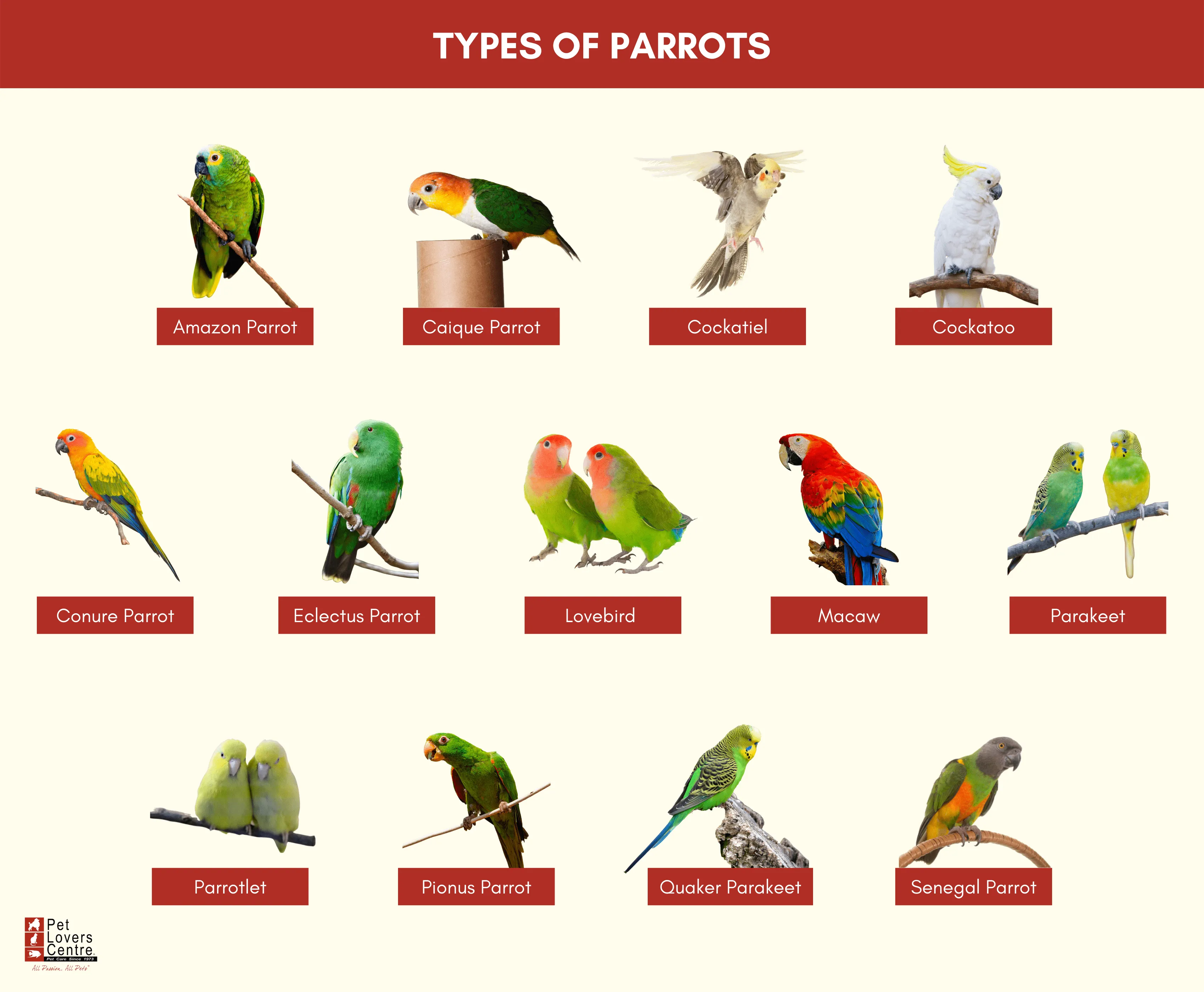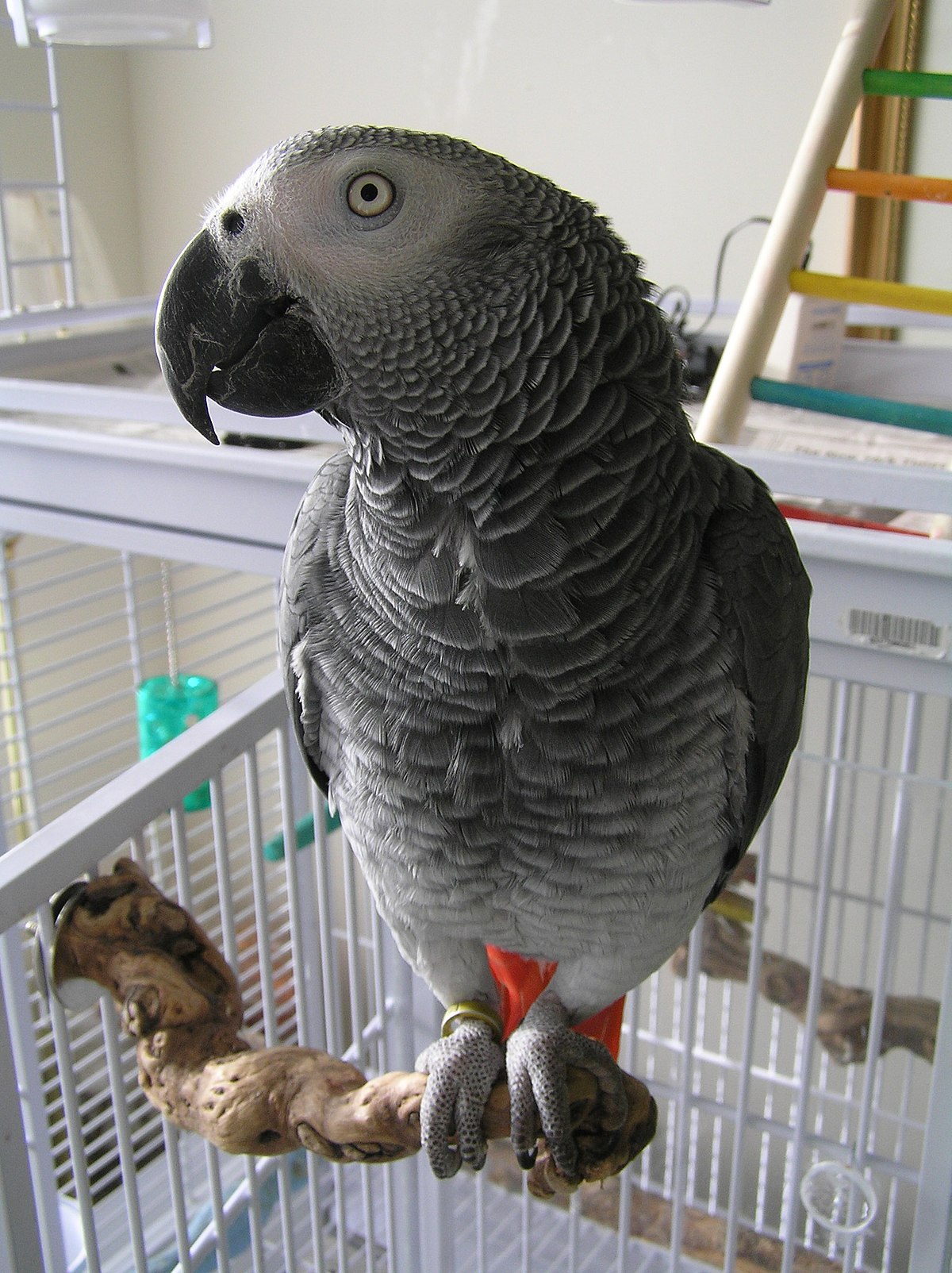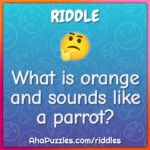Parrots are not fully domesticated animals. They retain wild instincts and behaviors even when kept as pets.
Parrots are colorful, intelligent birds that captivate many pet enthusiasts. While they can be trained and socialized, their wild traits often persist. Their ability to mimic human speech and sounds makes them fascinating companions. Despite being kept in homes, parrots require specialized care.
They need ample mental stimulation and a nutritious diet to thrive. Understanding their natural behaviors and needs is crucial for keeping them healthy. Parrots can form strong bonds with their owners but still exhibit behaviors linked to their wild ancestry. Proper care and attention ensure these beautiful birds lead happy, enriched lives in captivity.

Credit: blog.petloverscentre.com
History Of Parrots And Humans
The history of parrots and humans is long and fascinating. Parrots have been companions to humans for thousands of years. Their vibrant colors and intelligence have always intrigued people. They appear in ancient stories and artworks, symbolizing various meanings.
Ancient Connections
Parrots appear in ancient Egyptian and Roman art. They were often kept as pets by the rich. In ancient Egypt, parrots symbolized the sun and eternal life. Romans admired their beauty and ability to mimic human speech.
Parrots In Culture
Parrots hold significant places in various cultures. They often symbolize joy, beauty, and freedom. In Hindu mythology, the god Kama rides a parrot. In Chinese culture, they represent good luck and prosperity.
| Culture | Parrot Symbolism |
|---|---|
| Ancient Egypt | Sun and eternal life |
| Roman Empire | Beauty and mimicry |
| Hindu Mythology | Vehicle of god Kama |
| Chinese Culture | Good luck and prosperity |
Parrots also appear in literature and art throughout history. They often symbolize exotic beauty and mystery. Writers and artists use them to convey deeper meanings and emotions.
Understanding Domestication
Parrots are colorful and intelligent birds. They can mimic human speech. But are parrots truly domesticated? To answer this, we must first understand what domestication means.
What Is Domestication?
Domestication is the process of taming animals for human use. This includes pets, farm animals, and work animals. It involves both behavioral and genetic changes in the animals.
Humans have domesticated animals for thousands of years. Dogs were one of the first. They evolved from wolves.
Criteria For Domestication
Not all animals can be domesticated. There are specific criteria that an animal must meet. Here are some key points:
- Temperament: The animal must be calm and not overly aggressive.
- Diet: It should have a diet that humans can easily provide.
- Growth Rate: The animal should grow fast enough to be beneficial.
- Reproduction: It should breed well in captivity.
- Social Structure: Animals with a hierarchical social structure are easier to domesticate.
Parrots have some of these traits, but not all. They are intelligent and social. They can live with humans. But they have not undergone significant genetic changes.
Parrots In The Wild
Parrots are vibrant and intelligent birds. They thrive in the wild. Understanding their natural environment helps us appreciate their unique traits.
Natural Habitat
Parrots live in diverse regions across the globe. They are mostly found in tropical and subtropical areas. Here are some key habitats:
- Rainforests
- Woodlands
- Savannas
- Grasslands
These habitats provide everything parrots need. They get food, shelter, and safety from predators.
| Habitat Type | Regions |
|---|---|
| Rainforests | Amazon Basin, Southeast Asia |
| Woodlands | Australia, Africa |
| Savannas | Africa, South America |
| Grasslands | Australia, Africa |
Wild Behaviors
Parrots exhibit fascinating behaviors in the wild. These behaviors are vital for their survival.
- Social Interactions: Parrots are social birds. They live in flocks for protection and companionship.
- Communication: They use vocalizations to communicate. These sounds help them stay connected with their flock.
- Foraging: Parrots spend hours searching for food. They eat fruits, nuts, seeds, and insects.
- Nesting: These birds build nests in tree hollows. This keeps their eggs and chicks safe.
Observing these behaviors reveals the parrot’s adaptability. They are truly remarkable creatures.
Parrots As Pets
Parrots are popular pets. Their vibrant colors and playful nature attract many. They can be great companions with proper care and attention.
Popular Pet Species
Various parrot species are kept as pets. Some species are more popular due to their size, personality, and talking ability.
- Budgerigars (Budgies): Small, easy to care for, and friendly.
- Cockatiels: Gentle, affectionate, and good at whistling tunes.
- African Greys: Intelligent, excellent talkers, and social.
- Macaws: Large, colorful, and playful.
- Lovebirds: Small, loving, and enjoy social interaction.
Lifespan And Care
Parrots can live for many years. Their lifespan varies by species.
| Species | Average Lifespan |
|---|---|
| Budgerigars | 5-10 years |
| Cockatiels | 10-15 years |
| African Greys | 40-60 years |
| Macaws | 30-50 years |
| Lovebirds | 10-15 years |
Proper care is essential for a parrot’s health. This includes a balanced diet, mental stimulation, and regular veterinary check-ups.
- Diet: Fresh fruits, vegetables, seeds, and pellets.
- Social Interaction: Daily interaction and playtime.
- Clean Environment: Regular cleaning of the cage and surroundings.
Parrots need space to fly and exercise. Ensure their cage is spacious and safe.
Behavioral Differences
Parrots are fascinating creatures with vibrant personalities. Their behavior varies significantly based on their environment. Wild parrots and captive parrots display different behaviors. Understanding these differences helps us care for them better.
Wild Vs. Captive Parrots
Wild parrots live in their natural habitats like rainforests and savannas. They rely on their instincts for survival. They forage for food, avoid predators, and interact with their flock.
Captive parrots, on the other hand, live in human homes or aviaries. Their behaviors are influenced by human interactions. They may mimic human speech and form strong bonds with their owners.
| Aspect | Wild Parrots | Captive Parrots |
|---|---|---|
| Habitat | Rainforests, savannas, etc. | Homes, aviaries |
| Social Structure | Flocks | Human families |
| Food | Foraged foods | Provided by humans |
| Communication | Natural calls | Mimicking human speech |
Adaptation To Human Environment
Captive parrots adapt to human environments in unique ways. They learn to mimic human speech and sounds. They enjoy toys and games provided by their owners. Their diet shifts from foraged foods to human-provided meals.
Parrots in captivity require mental stimulation to stay healthy. Owners often provide puzzles and interactive toys. These help prevent boredom and destructive behaviors.
- Mimicking: Captive parrots often mimic human speech.
- Toys: They enjoy playing with toys.
- Diet: Their diet consists of foods given by humans.
- Stimulation: Mental stimulation is crucial for their well-being.
:strip_icc()/top-friendly-pet-bird-species-390535_V2_bluebg-16c3891cc4684afab4086cb56b0f2dcc.jpg)
Credit: www.thesprucepets.com
Challenges In Keeping Parrots
Parrots are fascinating and intelligent creatures. They make wonderful companions but come with unique challenges. Understanding these challenges is crucial for potential parrot owners. Below, we explore two significant aspects: Diet and Nutrition and Social Needs.
Diet And Nutrition
Parrots require a balanced diet to stay healthy. Their diet should include fruits, vegetables, seeds, and pellets. A varied diet ensures they get all necessary nutrients. Avoid feeding them chocolate, caffeine, and avocado. These foods are toxic to parrots.
Here is a simple table to guide you:
| Food Type | Examples |
|---|---|
| Fruits | Apples, Bananas, Berries |
| Vegetables | Carrots, Spinach, Broccoli |
| Seeds | Sunflower, Pumpkin, Flax |
| Pellets | Commercially available bird pellets |
Offer fresh water daily. Clean their food and water bowls regularly. Parrots can be picky eaters. Patience is key in introducing new foods.
Social Needs
Parrots are social animals and need interaction. They thrive on attention and mental stimulation. Without it, they can become bored and depressed. Bored parrots may develop destructive behaviors.
Here are some tips to meet their social needs:
- Spend time talking and playing with them.
- Provide toys to keep them entertained.
- Rotate toys regularly to maintain their interest.
- Consider getting a second parrot for companionship.
Parrots enjoy learning new tricks. Use positive reinforcement to teach them. Keeping a happy parrot means a happy home.
Ethical Considerations
Are parrots truly domesticated? The answer involves many ethical considerations. These beautiful birds face several challenges. Let’s explore these issues under two main headings.
Conservation Efforts
Parrots are often captured from the wild. This harms their natural populations. Conservation efforts aim to protect these birds. Many species are endangered. The illegal pet trade is a big problem.
Organizations work to save parrots. They focus on habitat protection. They also promote breeding programs. These programs help increase parrot numbers. Education is another key part. Teaching people helps reduce illegal trade.
| Conservation Method | Impact |
|---|---|
| Habitat Protection | Preserves natural homes |
| Breeding Programs | Increases population |
| Education | Reduces illegal trade |
Welfare Concerns
Keeping parrots as pets raises welfare concerns. These birds need special care. In the wild, they fly long distances. In captivity, they can’t do this. This can cause stress and health problems.
Parrots are very social. They need company to stay happy. Loneliness can make them sad. Owners must spend a lot of time with them. This is not always possible.
- Proper diet is essential.
- Regular vet checkups are needed.
- Enrichment activities keep them engaged.
Many people don’t understand these needs. Parrots can suffer as a result. Ethical pet ownership is crucial. It’s important to learn about their needs before adopting one.

Credit: en.wikipedia.org
Conclusion
Parrots can be domesticated with patience and proper care. They make intelligent and affectionate pets. Understanding their needs is crucial for a happy relationship. Always provide mental stimulation and social interaction. With the right approach, parrots thrive in a loving home environment.
Ryan Everhart is a passionate bird enthusiast and blogger, primarily writing on his website, Avian Whispers. His journey into the world of bird blogging began with a deep interest in parrots, a species that captivated his attention for their intelligence and social behavior. Over time, his content expanded to cover a broader range of bird species, offering insights into bird behavior, care, habitats, and conservation.
Ryan is dedicated to educating his audience, which includes both new bird owners and seasoned enthusiasts. His writing is filled with personal experiences, expert knowledge, and practical advice on bird care. Through Avian Whispers, he aims to foster a deeper appreciation for birds, emphasizing their role in nature and the joys of having them as pets.
Starting with articles focused on parrots, Ryan’s work now encompasses a diverse range of topics such as feeding, training, habitat enrichment, and bird health. His love for birds extends beyond parrots, diving into various avian species. His informative and heartfelt writing reflects his commitment to the well-being of birds and the desire to help others connect with these creatures.
As a growing voice in the bird blogging community, Ryan strives to provide a platform where bird lovers can learn, share experiences, and connect over a shared passion for avian life. His blogs are not only educational but also serve as a reminder of the importance of protecting and nurturing the bond between humans and birds.



